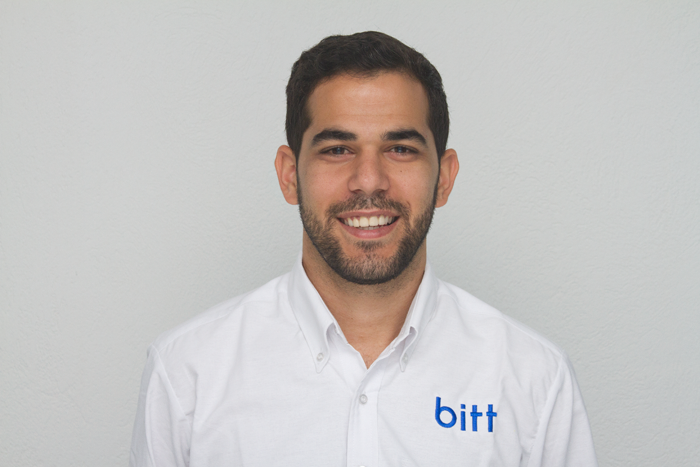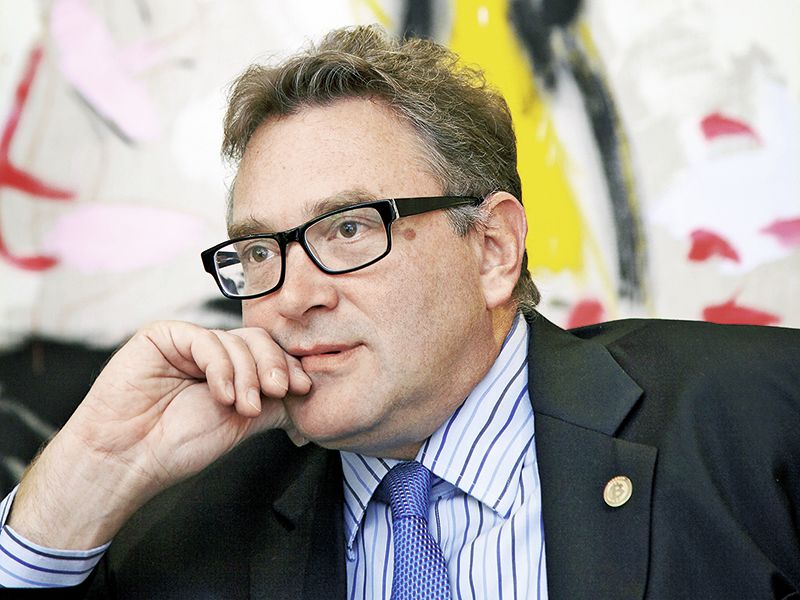A global drug survey has shown an increase in online drug business; an Australian based startup has launched a finance social network; Jon Matonis warns that governments could regulate themselves out of business opportunities and more top stories for June 8.
Survey: online illegal drug sales booming despite Silk Road shutdown
A drug survey has revealed that the number of people going online to purchase illegal drugs like ecstasy and cocaine is on the increase despite the shutdown of Silk Road and sentencing of its founder, Ross Ulbricht.
According to the Global Drug Survey 2015, which was conducted in 50 countries around the world, users acquiring drugs through online channels has risen from 5% in 2009 to 25% in 2015.
Survey founder Adam Winstock:
"The reason people are using the internet is really dissatisfaction with the existing drug markets."
A Global Social Network for Finance has gone live in Australia
A social network where bank users share financial information has launched in Australia. Dfinanz, which has positioned itself within the fair rate movement, seeks to create a financial awareness among the public on the machinations behind the banking sector.
dfinanz founder Peter Coco:
“Everybody in banking wants to be seen as the smartest guy in the room, but dfinanz sets out to be the room – the forum for discussion, inspiration, innovation and the evolution of a fairer rate.”
Cryptocurrency to be spotlighted at PayExpo 2015
The PayExpo is underway, and cryptocurrencies are set to be included in the spotlight. In particular, the workshop, which opens on June 9, will examine the adoption of digital currencies by retailers as a means of payment.

Bitt CEO addresses the Caribbean 2030 on new thinking for a new generation of leaders
Gabriel Abed, who is the CEO and Co-founder of Bitt, addressed this year’s Caribbean 2030 meeting, which took place in the United Kingdom on June 3, 2015. Bitt was the first bitcoin exchange to open shop in the Barbados and the entire Caribbean in November 2014.
The three-day event, organized by Wilton House and the Foreign and Commonwealth Office, explored the thinking of new generation Caribbean leaders. Other bodies that were involved include the Caribbean Policy Research Institute (CaPRI), JN Foundation, and The Caribbean Council.
Gabriel Abed:
"In 1986, a new way of global communication via interconnectivity was birthed. Within 28 years, a new ‘pseudo-country' was formed that became the single largest resource of information. The internet has enabled most us to be international citizens of the world with a virtual global passport. Unfortunately, the idea of being a global thinker has not fully penetrated the minds of the citizens and particularly the governments’ of the Caribbean”.

YardWallet unveils a multi-sig Mobile Bitcoin wallet
YardWallet, a startup headquartered in Singapore, has announced, through a press release, the unveiling of its multi-sig Bitcoin wallet. However, the app is only accessible to iPhone users, with plans underway to have a corresponding Android app available.
Kun Liu, YardWallet's Co-Founder:
"We believe a local onchain wallet can deliver a better user experience. Our team has built a fantastic experience into a very sturdy wallet, with all the latest features the bitcoin protocol has to offer."
NXT Releases Voting System and Escrowed Transactions
NXT has added new features to its platform. In its latest 1.5.10 release, the 2.0 blockchain platform has included Decentralized Voting, escrowed transactions and Prunable Messages of up to 42 kilobytes.

Jon Matonis warns that government could regulate themselves out of business opportunities
Bitcoin Foundation director, Jon Matonis, who is visiting New Zealand, has cautioned governments and regulators around the world to avoid unnecessary rules on Bitcoin. He said these could push Bitcoin companies to countries and jurisdictions that are less prohibitive such as Luxembourg and the Isle of Man. Jon Matonis:
"If governments and regulators aren't careful, they are going to regulate themselves out of business opportunities."
This was a response to the release of New York’s new Bitcoin control laws as well as the concerns raised by Martin Cocker, the executive director of a New Zealand cyber-safety organization NetSafe. Mr. Cocker has been quoted saying he personally would not be sad to see Bitcoin dead.

